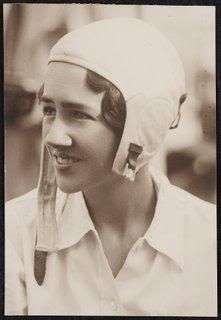A wise friend told me that since the Age of Reason we’ve felt we had to explain everything, and that as a result we’ve forgotten the value of mystery. Here’s a poem by Lisel Mueller that celebrates mystery. Mueller is a Pulitzer Prize winning poet from Illinois
Sometimes, When the Light
Sometimes, when the light strikes at odd angles
and pulls you back into childhood
and you are passing a crumbling mansion
completely hidden behind old willows
or an empty convent guarded by hemlocks
and giant firs standing hip to hip,
you know again that behind that wall,
under the uncut hair of the willows
something secret is going on,
so marvelous and dangerous
that if you crawled through and saw,
you would die, or be happy forever.
American Life in Poetry is made possible by The Poetry Foundation (www.poetryfoundation.org), publisher of Poetry magazine. It is also supported by the Department of English at the University of Nebraska-Lincoln. Poem copyright ©1980 by Lisel Mueller, from her most recent book of poems, Alive Together: New and Selected Poems, Louisiana State University Press, 1996. Poem reprinted by permission of Lisel Mueller and the publisher. Introduction copyright © 2012 by The Poetry Foundation. The introduction's author, Ted Kooser, served as United States Poet Laureate Consultant in Poetry to the Library of Congress from 2004-2006.













